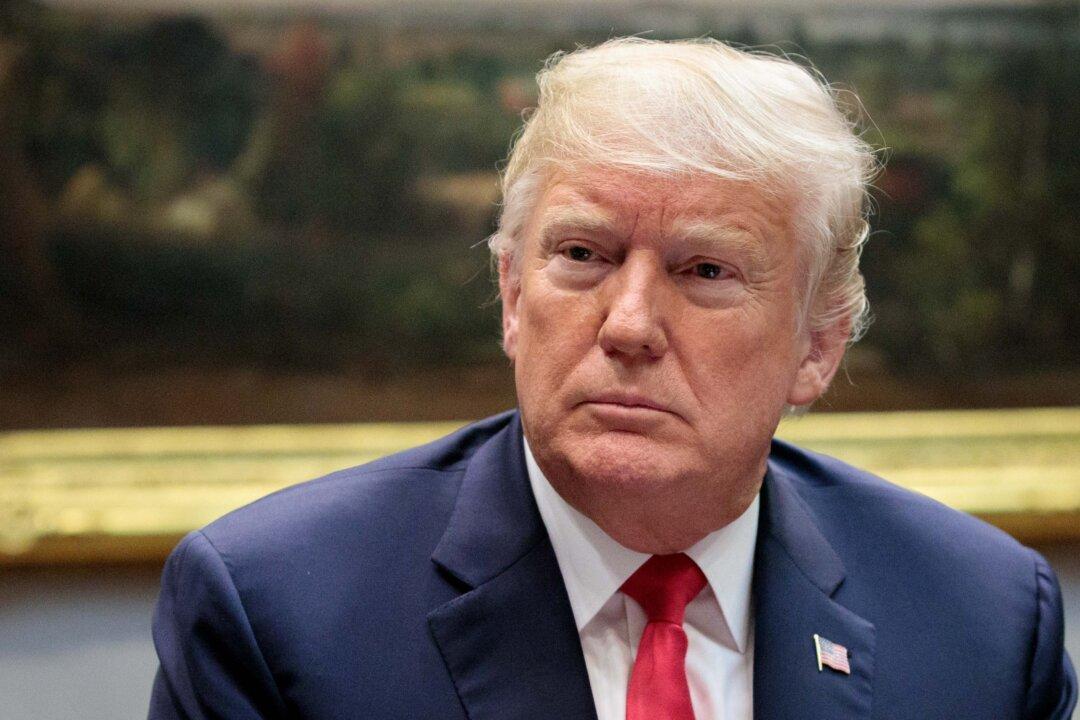The trade war between the United States and China just got hotter as President Donald Trump slapped tariffs on $200 billion in Chinese goods.
The tariffs are set to begin on Sept. 24 with a levy of 10 percent, before ramping up to 25 percent on Jan. 1.





